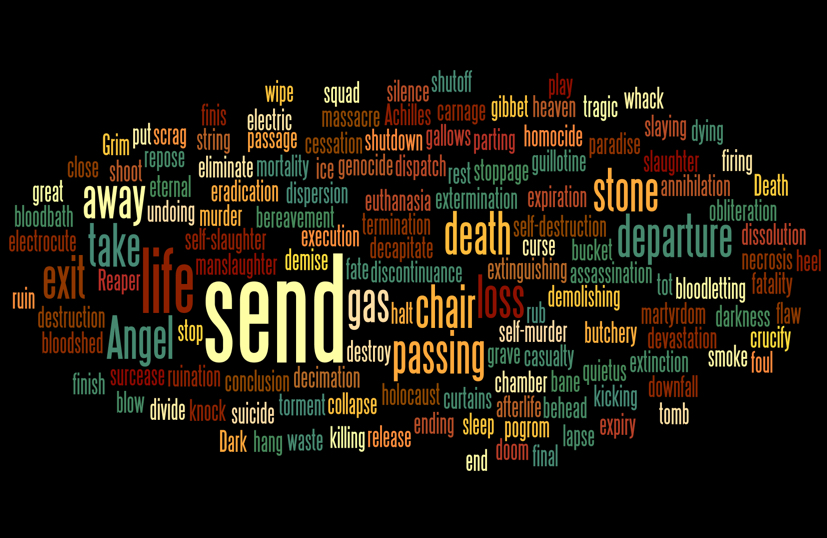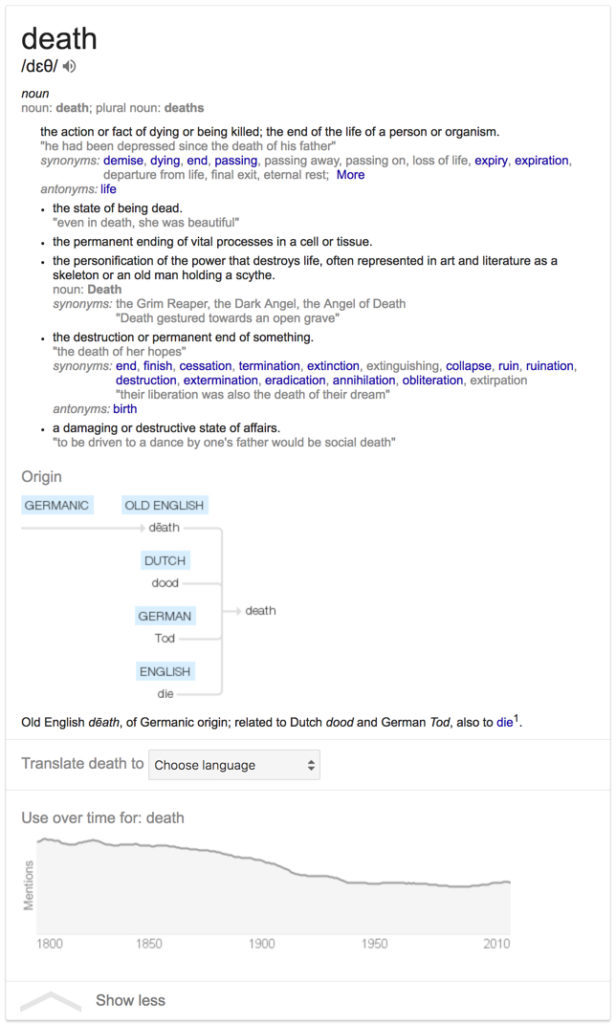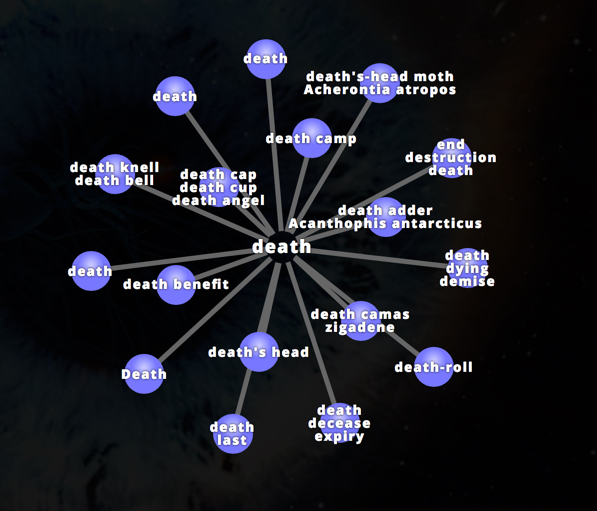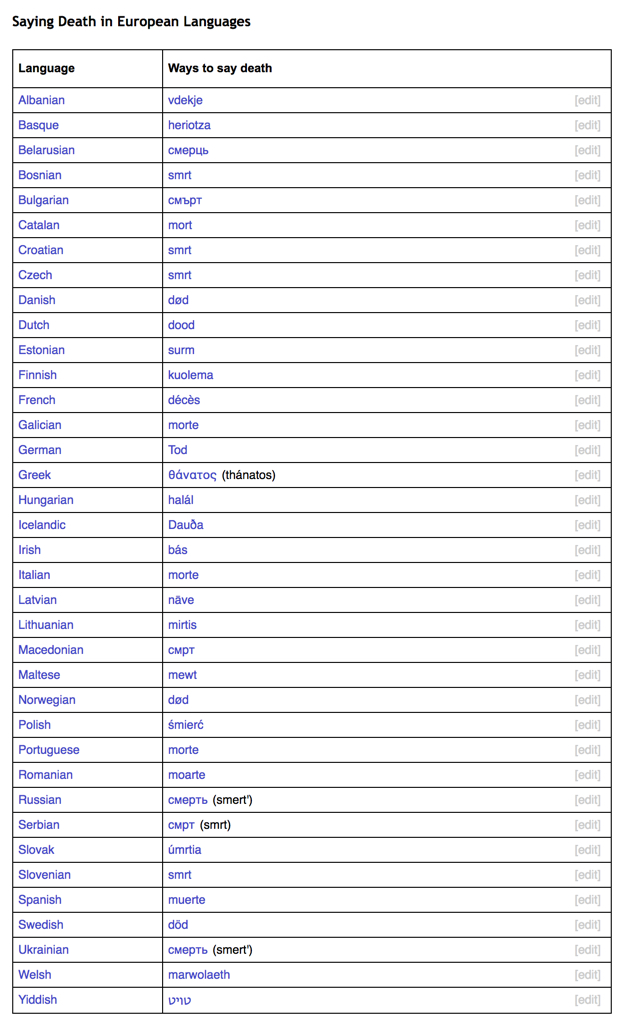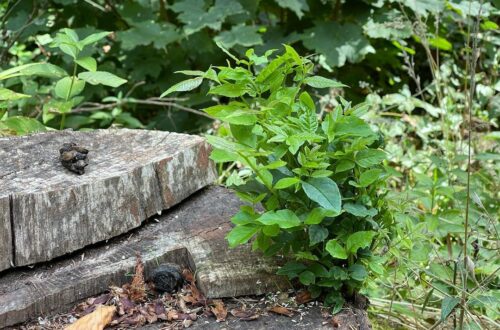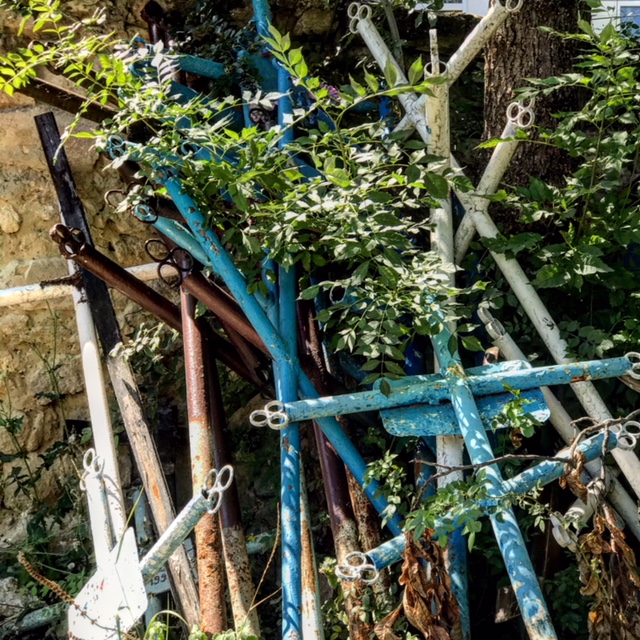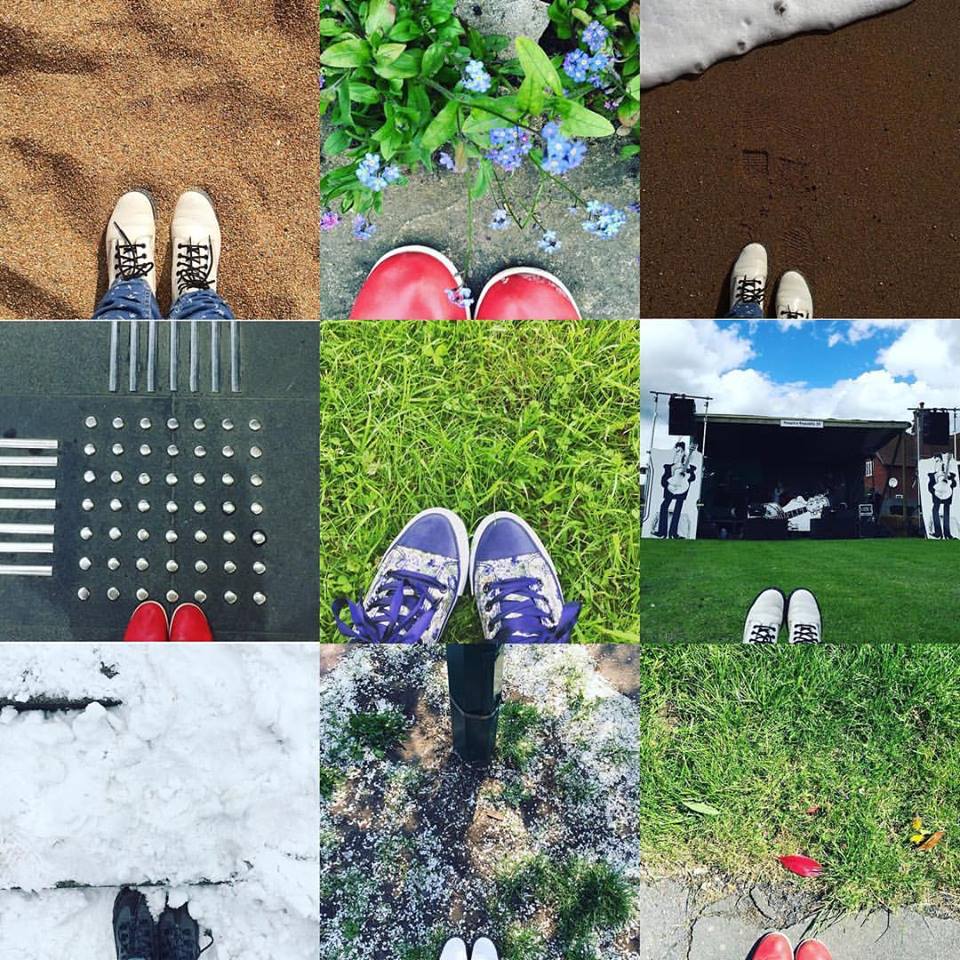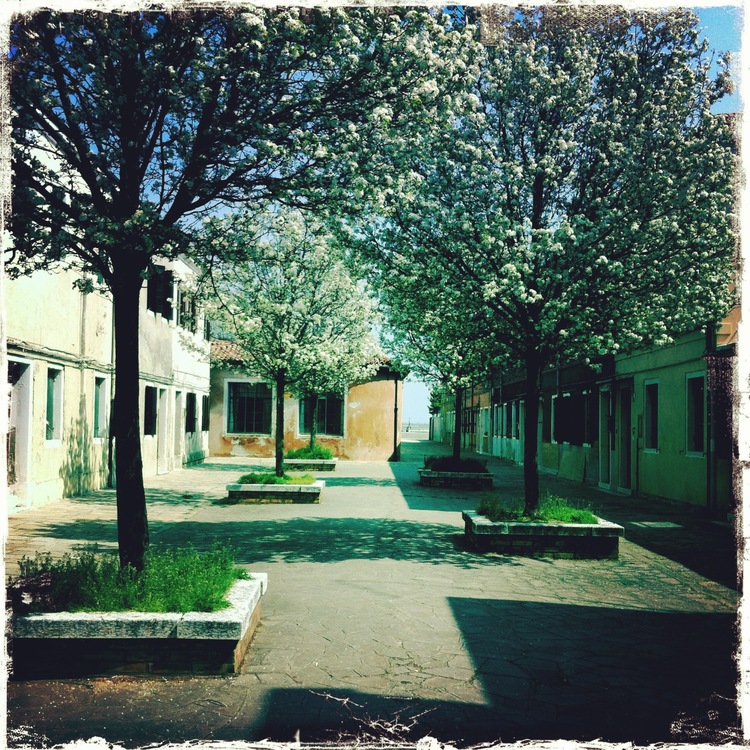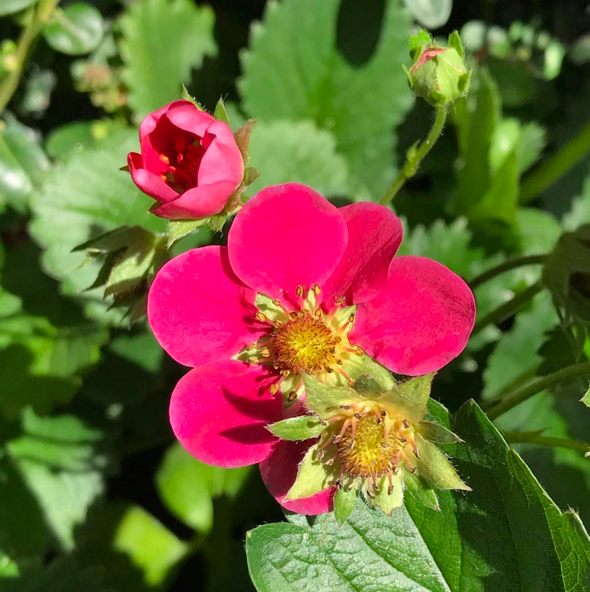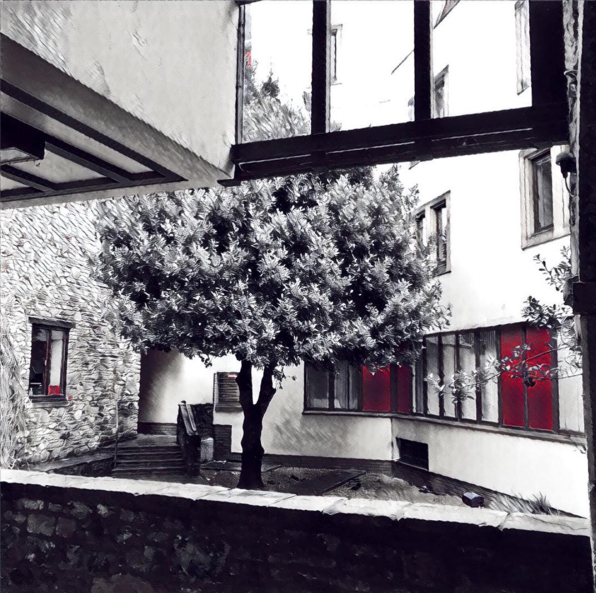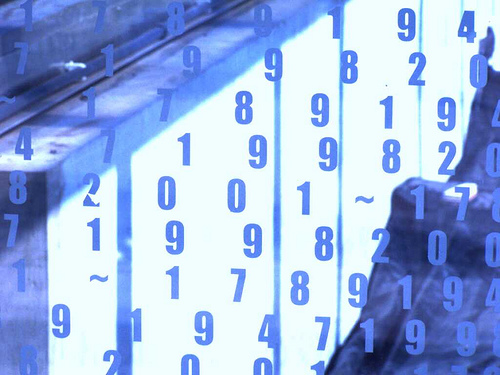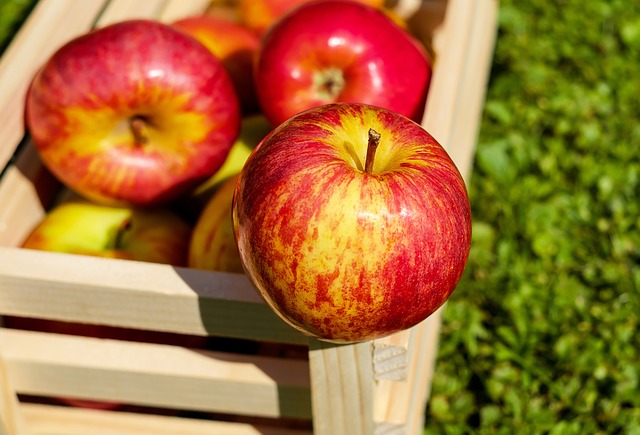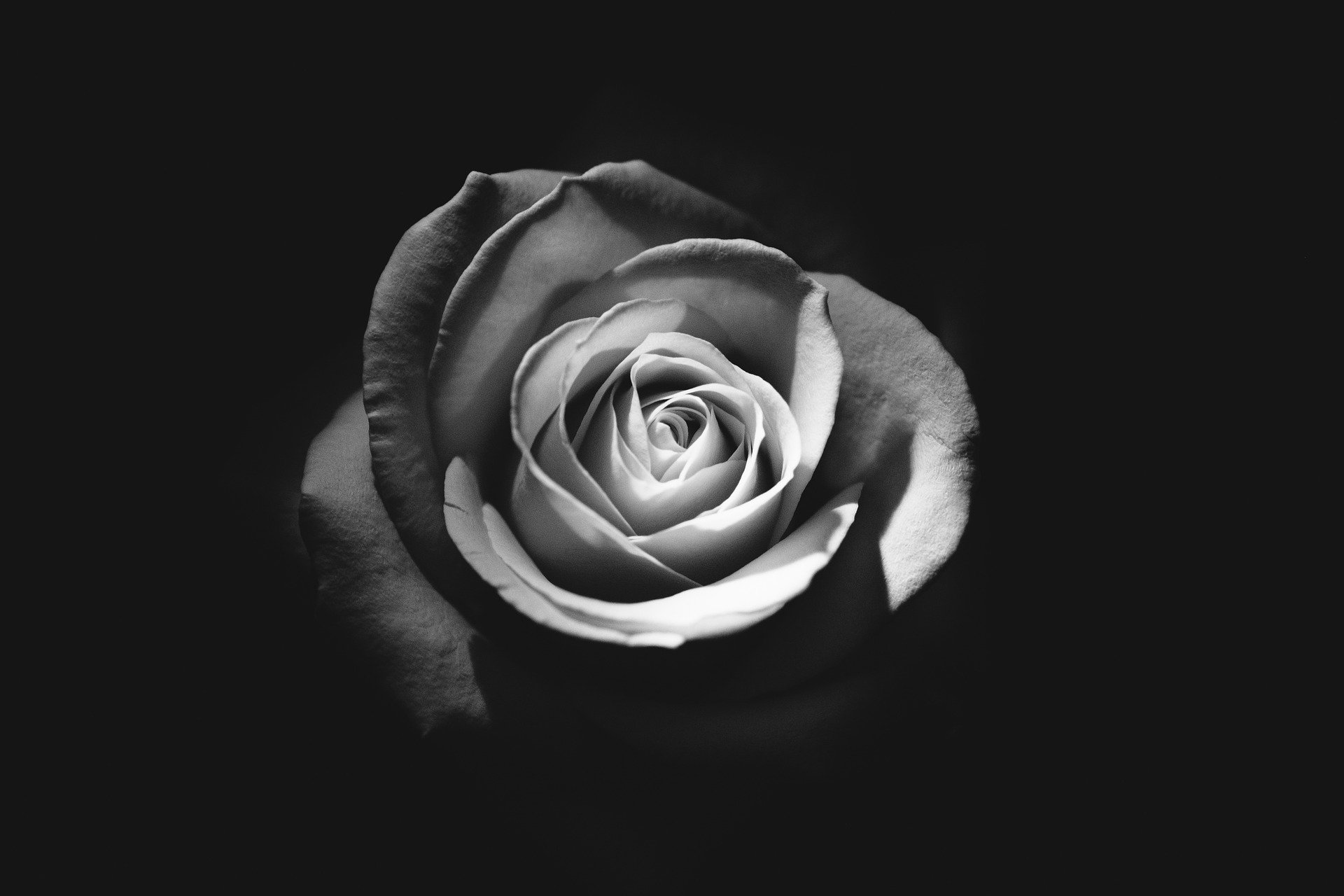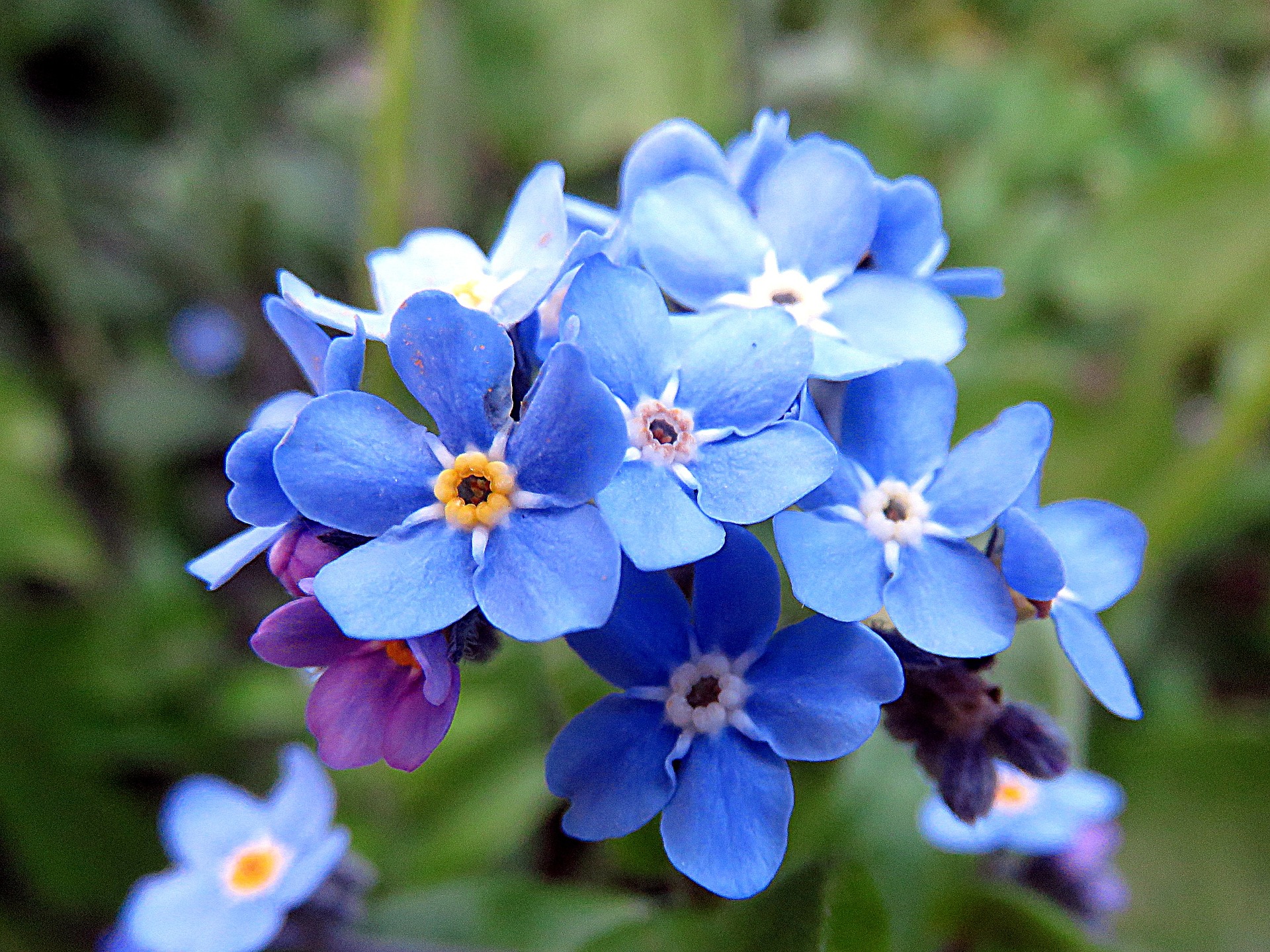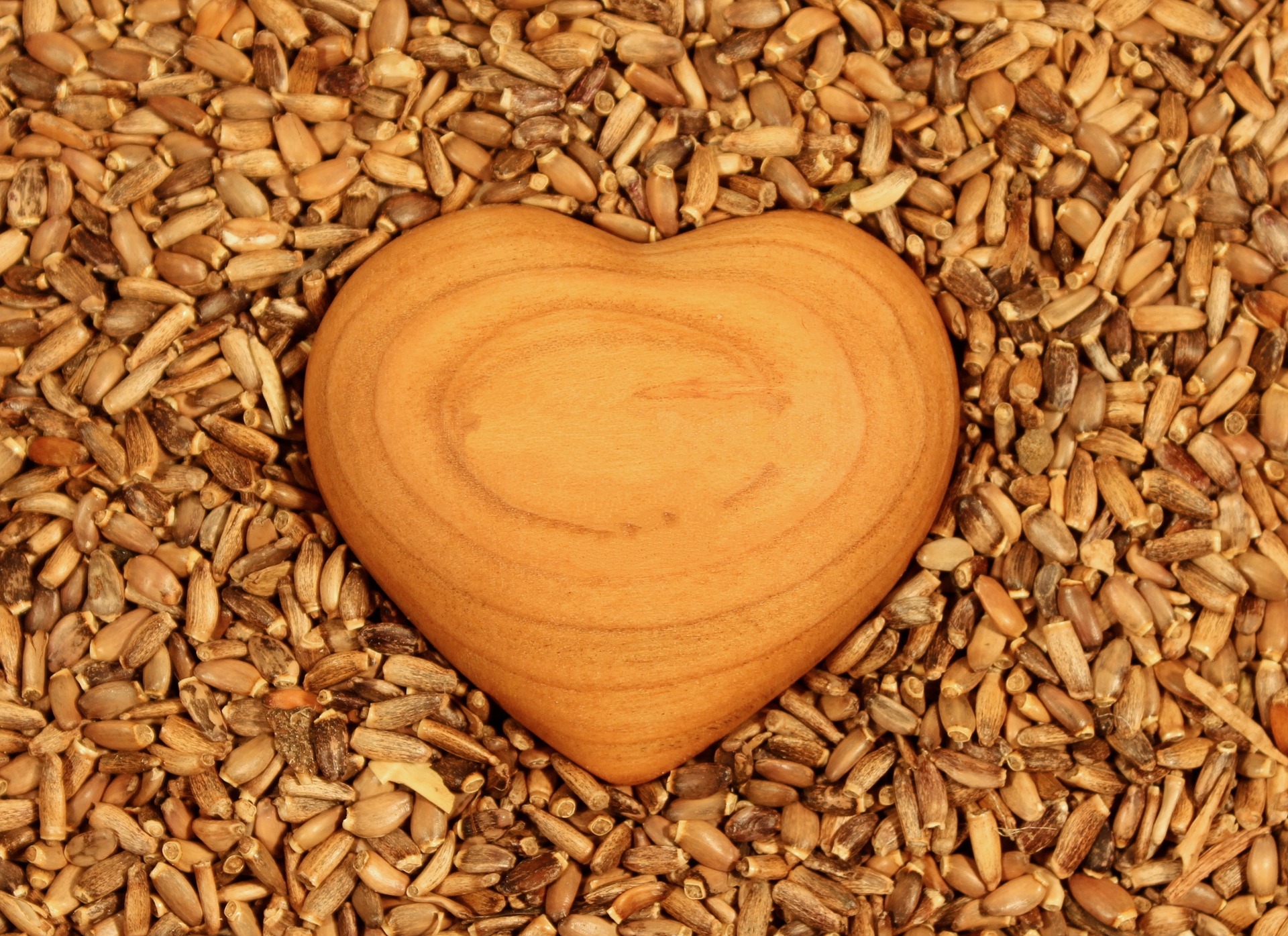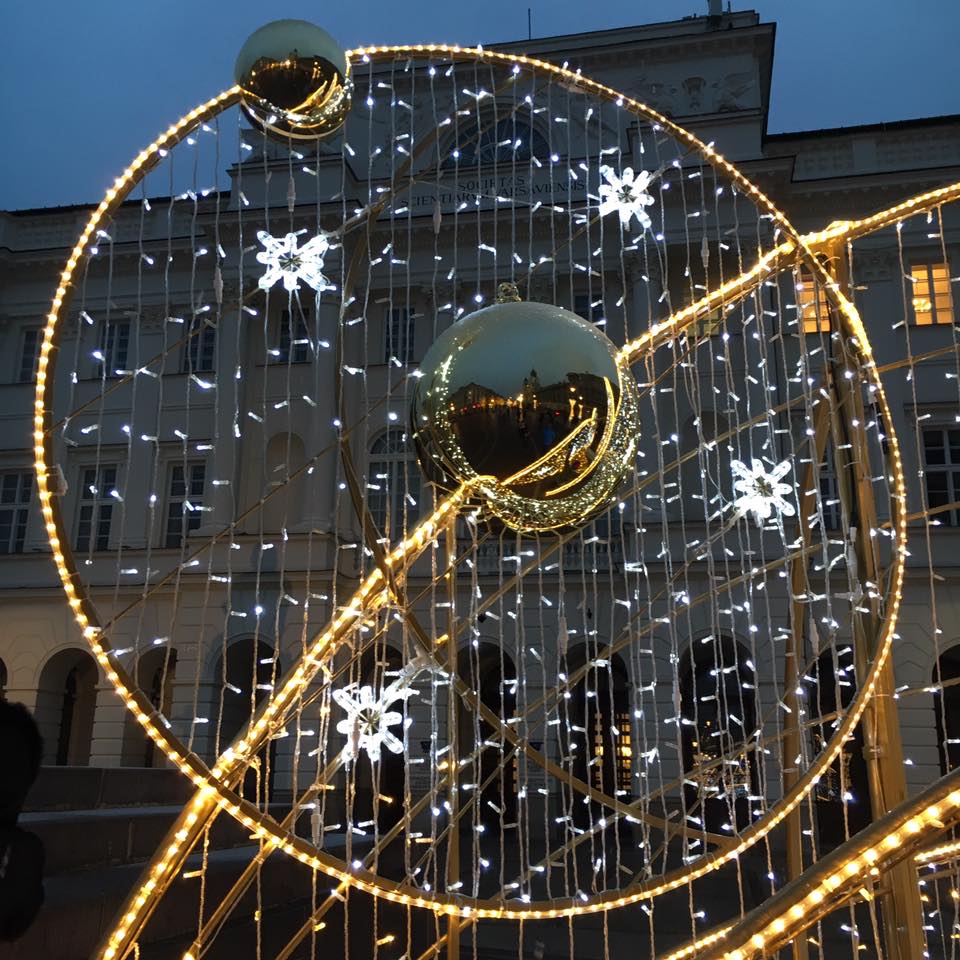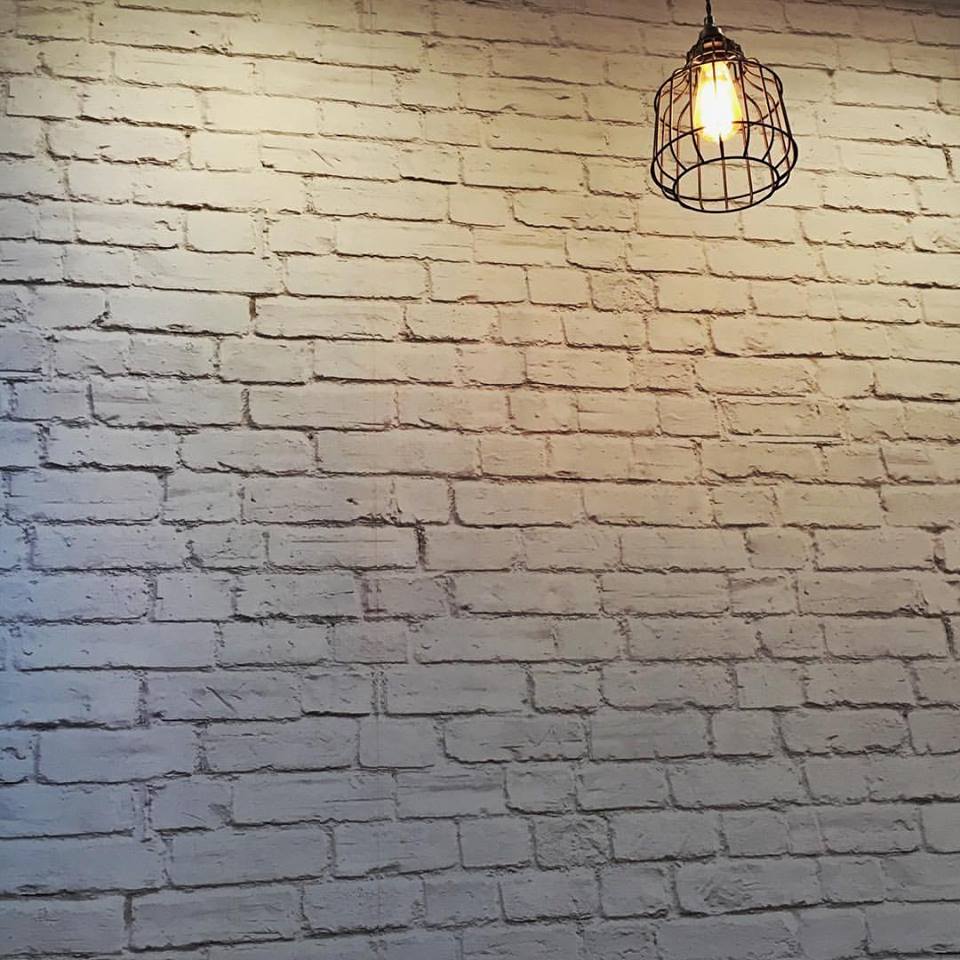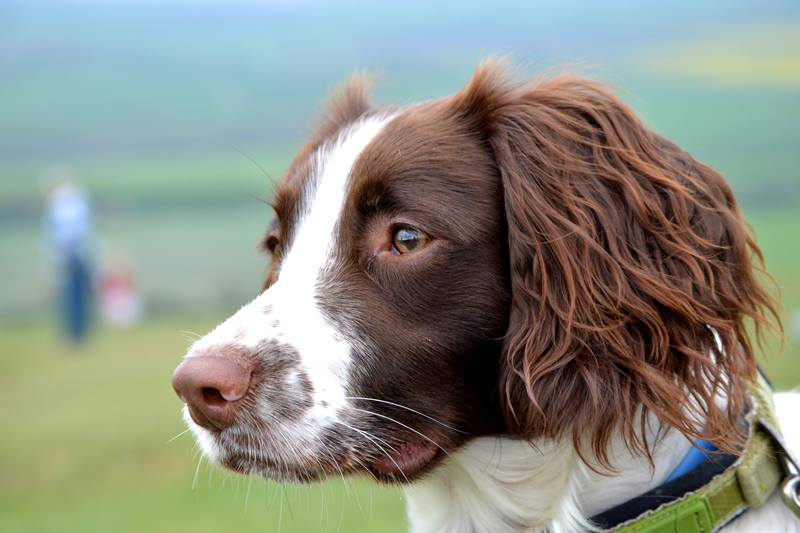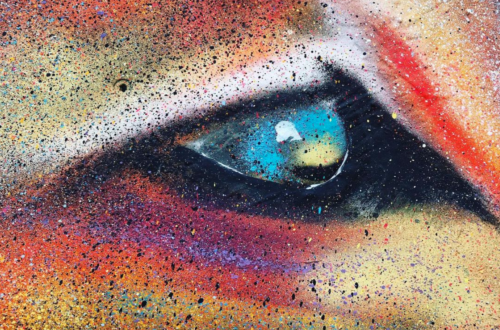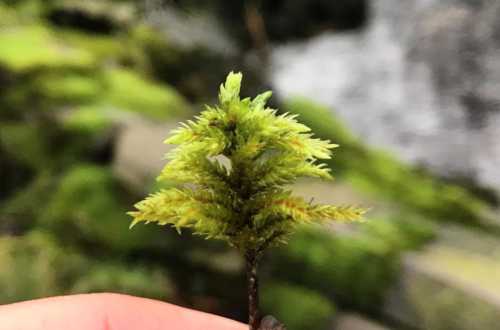-
On words – death

I am back to reading about bereavement and revising before the end of my Cruse course this January. Today I am researching the word “death” because I start to realise how hard it is for us to talk about those concepts. I read a few true stories written by bereaved people and I start to see a theme here: when talking to a bereaved person people tend to avoid the word “dead” – they would use synonyms, for example, “passed” instead thinking it is making matters easier, but actually oftentimes avoiding being specific can be more painful. So wondering what is it really that we have in English for those three terms, I had a quick look. It wasn’t easy to compile this list and I warn you: you might find many of the below listed words upsetting, but that’s the point: we find those words upsetting but oftentimes the facts are easier to handle for the people affected by loss than metaphors.


Synonyms (134 words collated from here, here and here):
Achilles’ heelafterlifeAngel of Deathannihilationassassinationbanebeheadbereavementbloodbathbloodlettingbloodshedblow awaybutcherycarnagecasualtycessationcloseconclusioncollapsecrucifycurtainscurseDark Angeldarknessdecapitatedecimationdemisedemolishingdeparturedeparture from lifedestroydestructiondevastationdispatchdiscontinuancedispersiondissolutiondo away withdoomdo to deathdownfalldyingelectrocuteeliminateendendingeradicationeternal resteuthanasiaexitexecutionexpirationexpiryexterminationextinctionextinguishingfatalityfatefinal exitfinisfinishfoul playgasgenocidegravegreat divideGrim Reaperguillotinehalthangheavenholocausthomocideicekicking the bucketkillingknock offlapselossloss of lifemanslaughtermassacremartyrdommortalitymurdernecrosisobliterationparadisepartingpassagepassingpassing overput before a firing squadpogromquietusreleasereposerub outruinruinationscragself-destructionself-murderself-slaughtersend tot he gas chambersend to the chairsend to the electric chairsend to the gallowssend to the gibbetsilenceshootshutdownshutoffslaughterslayingsleepsmokestring upstonestone to deathstopstoppagesuicidesurceasetake the life oftake outterminationtombtormenttragic flawundoingwastewhackwipe outI also looked at the word in other European languages: But let’s also look at metaphors for comparison, in English, and in few other languages:
But let’s also look at metaphors for comparison, in English, and in few other languages:English
- Met his Maker
- Bought the farm
- Kicked the bucket
- Bought the big one
- Is pushing up daisies
- Went on to his reward
- Shuffled off this mortal coil
French
- Passer l’arme à gauche – to put the weapon on the left-side
- N’avoir plus mal aux dents – to have no more toothache
- Fermer son parapluie – to close one’s umbrella
Spanish
- Irse al otro barrio – to move to the other neighbourhood
- Seguir la luz – to follow the light
- Está a 3 metros bajo tierra – to be three metres under
Italian
- Svegliarsi sotto a un cipresso – to wake up under a cypress
- Andare a sentir cantare i grilli – to go listen to the crickets sing
- Lasciarci le penne – to leave one’s feathers
German
- Das Gras/die Radieschen) von unten betrachten — to look at the grass/the radishes from below
- Den Löffel abgeben – to give away the spoon
- In Gras beißen – to bite into the grass
Portugese
- Esticar o pernil – to stretch your leg
Bater a bota – to kick the boot
Vestir pijama de madeira — to wear wooden pajamas
Polish
- Kopnąć w kalendarz—to kick the calendar
- Skończyć swoje dni – to finish one’s days
- Zgasnąć jak świeca – to go out like a candle
Hungarian
- Csókot vált a halállal – exchange kisses with Death
- Kileheli a lelkét – exhale one’s soul
- Beadja a kulcsot – hand in the key
If you want to find out more about metaphors in English, this is a good follow up article too. -
Street art

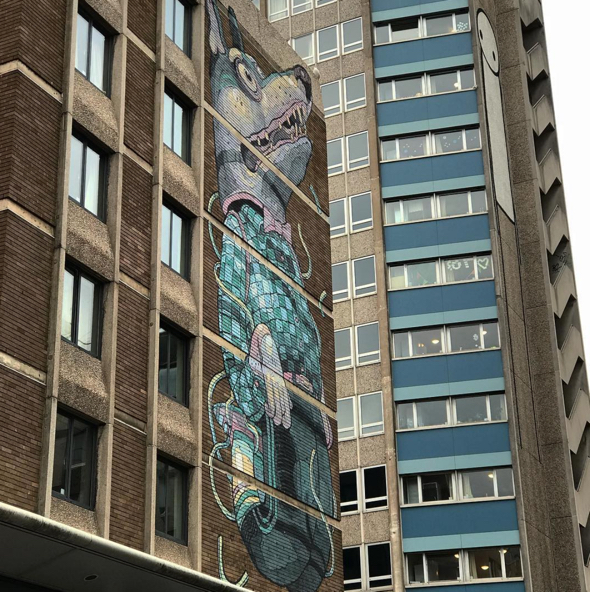
“People say graffiti is ugly, irresponsible and childish… but that’s only if it’s done properly.”
― Banksy -
Looking for new leadership
Run the Wantage Summer Festival!
We are currently looking for our new leaders.
Please read the Leadership information pack here
and get in touch with the Wantage Town Council for more details.
Relevant Oxford Mail and Wantage and Grove Herald articles.
-
Coffee

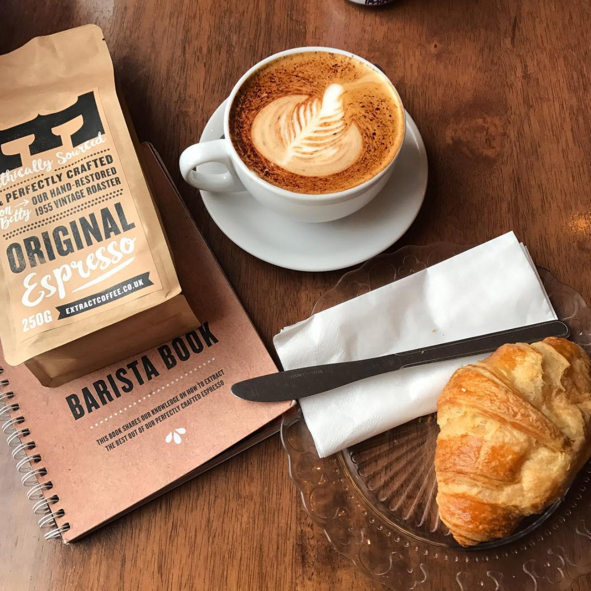
“Black as night, sweet as sin.”
― Neil Gaiman -
Light

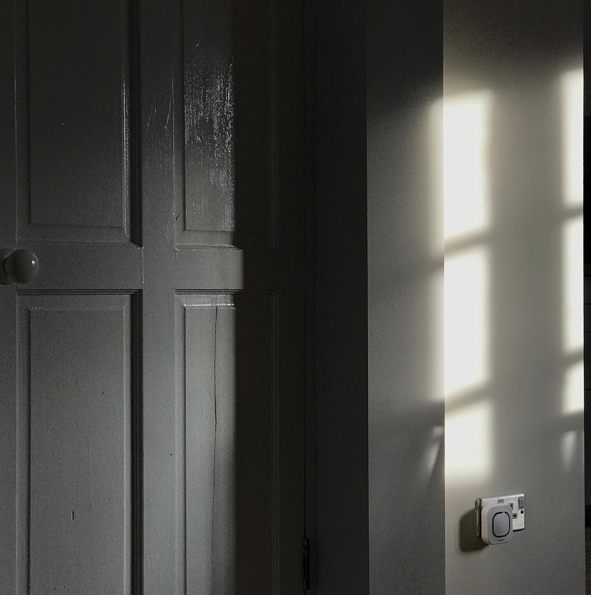
“Darkness cannot drive out darkness: only light can do that. Hate cannot drive out hate: only love can do that.”
― Martin Luther King Jr. -
Powerful


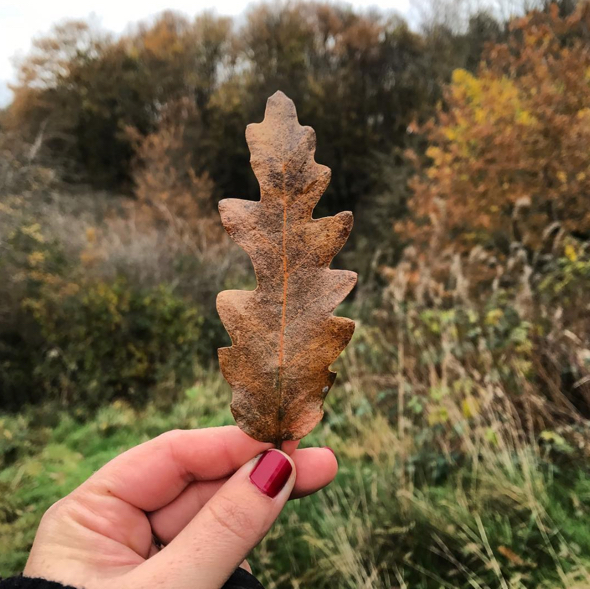
“Think of the fierce energy concentrated in an acorn! You bury it in the ground, and it explodes into an oak!”
― George Bernard Shaw -
Dębowo, bukowo u nas



Jest po prostu słonecznie, mokro, błotniście i pięknie:) Kocham Brystol, bardzo przypomina mi Budapeszt – ma wiele zaskakujących zakątków, ale przede wszystkim jest bardzo słoneczny! Na imieniny wybrałam się w las, pięć minut od domu, mam na wyciągnięcie ręki. Są też pola i łąki, jak w hrabstwie, ale bez zadufanych ludzi. Tu, w Brystolu mieszkają ci z gatunku ” z liściem na głowie” 🙂
-
Rituals
It’s my Nameday today which means I am celebrating the meaning of my first name. The importance of this day is close to my heart because of someone else, a person close to my heart, who also celebrates their Nameday the very same day and who had the most significant (and very positive) impact on my life. I have a little ritual on this day: I look for a black rose and bring it home, but oftentimes it’s quite hard to get. Black, in this case, stands for endless – endless love, endless family history, endless life. I have decided this year to switch to a white rose (white is the opposite of black and yet also equally endless and much more practical too).
I know, feel, experience the value of rituals in our life but today I looked into the research about it. For now, I did not find a good book or study yet, but I’m not going to give up. According to this Scientific American article, rituals are known to bring relief in grief and I am studying a lot of cultural rituals surrounding death so I guess I think about it a lot. I hope that I can deepen my knowledge a bit later, as our new life in Bristol, still demands a lot of my energy at the moment. I want to study the history of mourning but also the impact and mechanisms of rituals.
-
Home

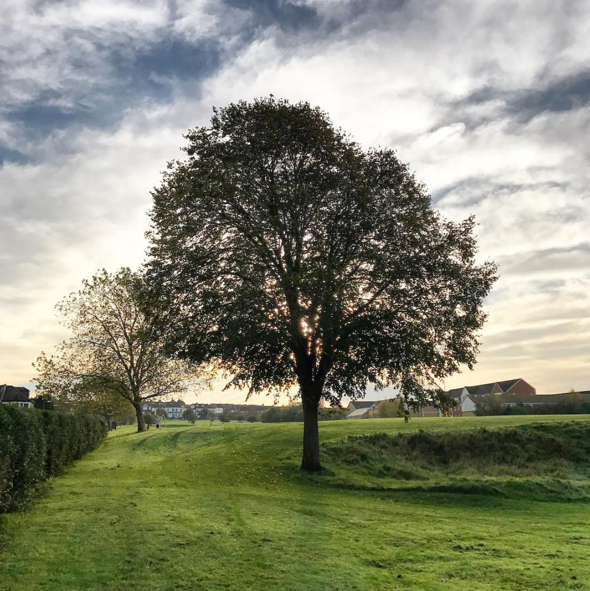
“Nature is not a place to visit. It is home.”
― Gary Snyder -
Grief and closure
The first thing I got wrong about grief is closure. In bereavement, there is no such thing. There is the process. There is gradual healing. But because things will never get back to the way they were there is no such thing as the typical emotional closure at all. I hope there would be. I was HOPING there would be and so many people do, but actually accepting that things will not get back to “normal” might just help the healing process.
I grief a lot nowadays myself. I grieve over Brexit. I grieve over the last 10 years in the small town (we are moving to Bristol in a few days, so I am reviewing the life in this small town a lot at the moment and the last few years are actually pretty depressing). I grieve the industry I decided to leave. I grieve the people I lost due to the changes in the way I approach life. I have reinvented a lot of areas of my life and it has gotten so much better, but there is a part of me which really misses the old, the familiar times. Managing change, if it is quite drastic, can feel a bit like grief. Things will never be the same and I am learning to let things go and embrace the new ways of living.
I really liked this paragraph in one of the articles about closure in bereavement, as it sums up how I feel at the moment and gives me energy and hope:
While there isn’t really “closure,” there is healing. Someone once said, “You don’t heal from a loss because time passes, you heal because of what you do with the time.” It is important to allow yourself to feel your feelings, talk about your loss, think about what has happened to you and your family, face fears that may test your courage, and try doing new things. It also is important to stay healthy by eating nutritious food, sleeping well, and with physical activity that helps to relieve stress or anxiety.
